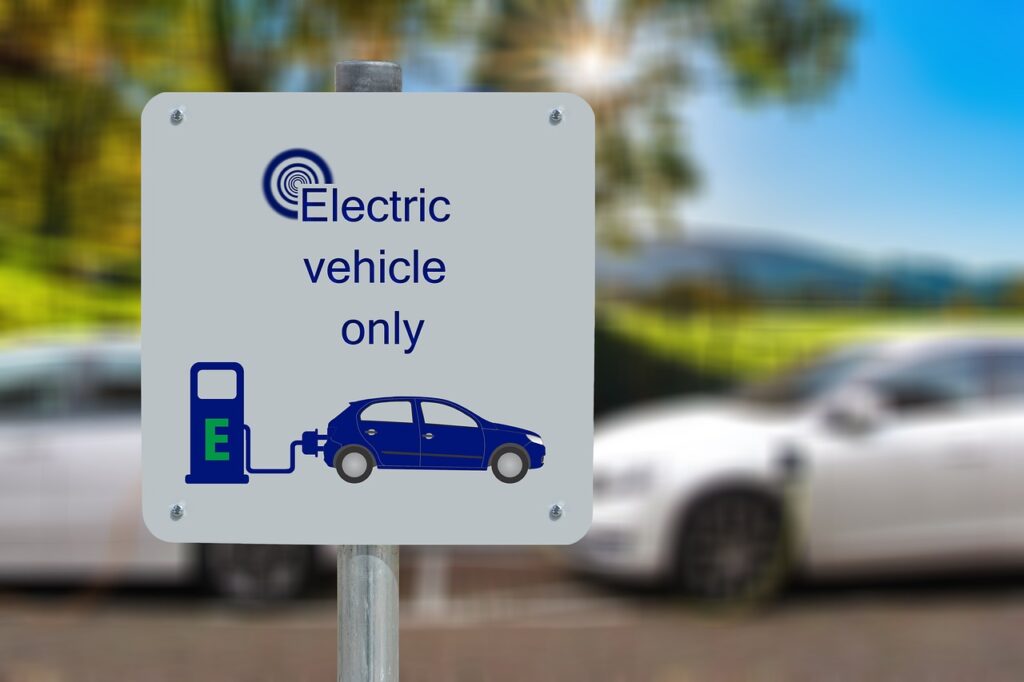Toward the end of Fintan O’Toole’s book We Don’t Know Ourselves: A Personal History of Modern Ireland, the author tells the story of an Irish taoiseach (prime minister) marveling at the efficiency of China’s autocratic rule during a period when the Emerald Isle was experiencing boom economic times and a building frenzy.
“On a visit to Shanghai, Bertie Ahern sighed with envy at the power of the city’s mayor to bulldoze everything in his way: ‘Naturally enough, I would like to have the power of the mayor that when he decides he wants to do a highway and, if wants to bypass an area, he just goes straight up and over.’”
Even without Ahern having those powers, the Irish experienced “irrational exuberance” in real estate, building too much and lending too much in the mid-2000s. That led to a crash in 2008, just as it did in our country, but worse.
Ahern was lucky he didn’t have the powers to bulldoze at will. It would have exacerbated the inevitable collapse. O’Toole concluded, “Sustainability – a concept that incorporates a sense of the future into the present – was the great unthinkable.” Like Ireland, Georgia suffered disproportionately during the Great Recession because our economy was over-indexed in banking and real estate.
Since those scary days, Georgia has enjoyed steady growth built on a firm foundation. We’ve seen significant investments from Big Tech and stormed to the front of electric vehicle and battery production. Since the crash we’ve also deepened the Port of Savannah, allowing access to the biggest ships in use today. Atlanta’s airport remains the busiest in the world. The list goes on.
We celebrate these economic development wins. They bring us prosperity and opportunity. If given the three options of growth, stagnation or decline, we’d most certainly choose growth. But with responsible growth comes planning, steady investment that might take away from other priorities and big changes to communities where residents like things the way they are.
We have huge and growing needs for housing, transportation infrastructure and energy, and to do what needs doing requires politically tough choices – because it demands some sacrifice from current voters to benefit future Georgians.
Speaking in Savannah earlier this year, where the four-county region is projected to grow by 34% in the next 20 years, Gov. Brian Kemp said those “working at our ports and in our factories should be able to live in our communities as well.” To this end, Kemp has directed tens of millions of dollars to Georgia Rural Workforce Housing Fund.
The money is a start. To work, local authorities will need to allow for more density, for apartments and for changes to property taxes that incentivize builders to take advantage of the federal Low-Income Housing Tax Credit. Some communities are seeing success with “tiny house” neighborhoods that might provide a small-footprint answer as our society ages and more choose to stay single and childless.
No matter what kind of house we have, we’ve all come to expect delivery of goods to our doors. Building capacity to get the movement of people and goods up to speed will cost $84 billion over the next 25 years, according to the Georgia Transportation Alliance. One stat that brings this to life for all Georgians: Today, there are 40 million semis on our highways, and the quantity of freight moving through the state is expected to increase by 90% by 2050. More trucks and ever longer trains point to a healthy economy – and some of those dividends must go back into relief for regular commuters.
New industry and homes use more energy. Georgia Power has already had to amend its long-term plan because demand was quickly outpacing supply. We’ll need to quickly develop solar fields that turn an abundant energy source into green electricity. Rural communities are increasingly resistant to these developments, citing runoff that’s occurred on some sites and changes to their bucolic views. What many will come to find is that in addition to contributing to America’s energy independence, they will benefit from millions in new tax revenues to meet local needs, such as giving teachers pay raises or backfilling rural healthcare shortages.
All of these changes will meet resistance. They’ll require give and take. We must come to agreements that do the most good for the most people. Our elected officials don’t have the all-encompassing powers of the Shanghai mayor who can plow over citizens’ objections and brook no dissent. In our democracy, we just crowdsource wisdom with an eye on sustainability. 

